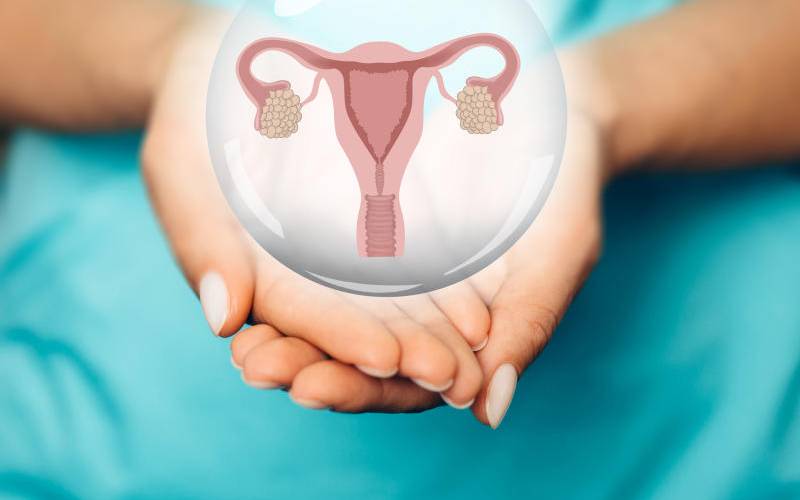×
The Standard e-Paper
Kenya’s Boldest Voice

An ovarian cyst is a fluid-filled sac within or on the surface of an ovary. It is mostly benign, meaning it’s non-cancerous and will disappear within a few months. But sometimes the fluid accumulates, making the cyst grow bigger causing complications.